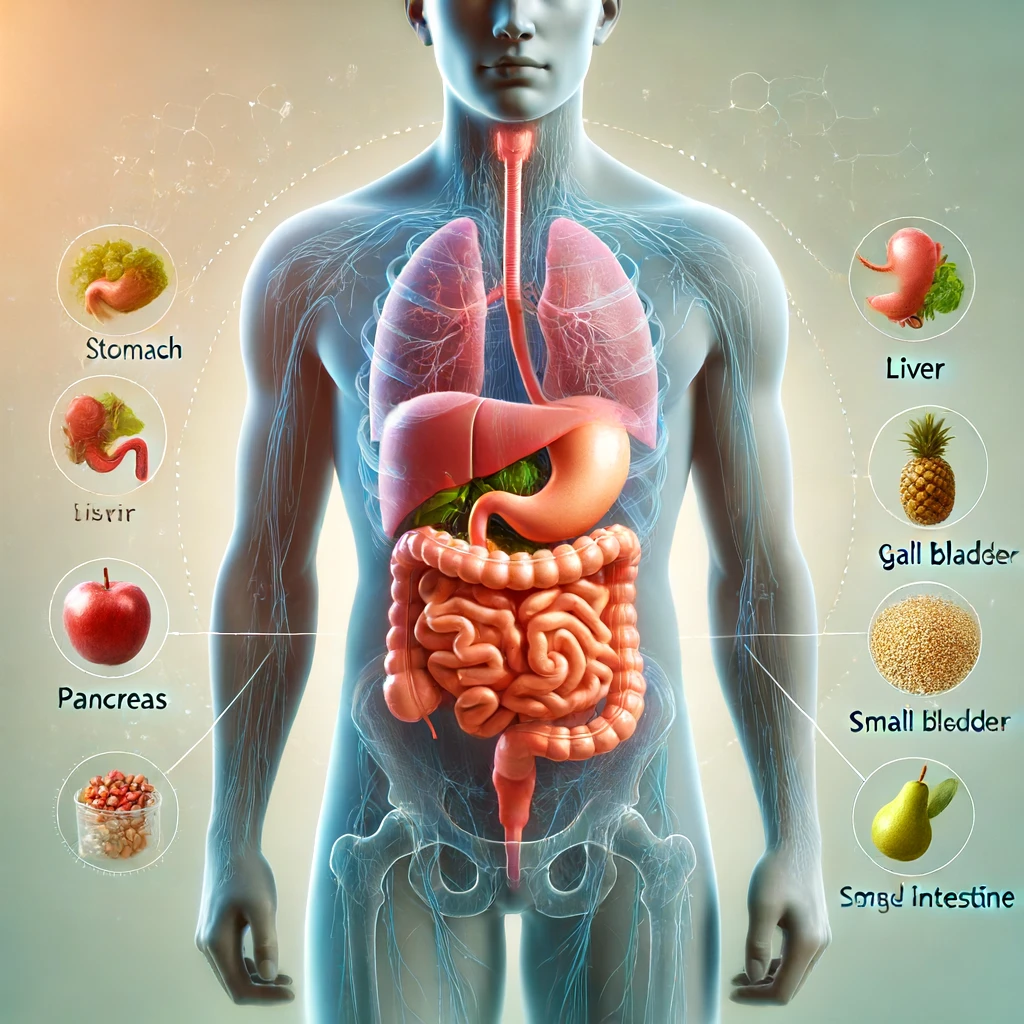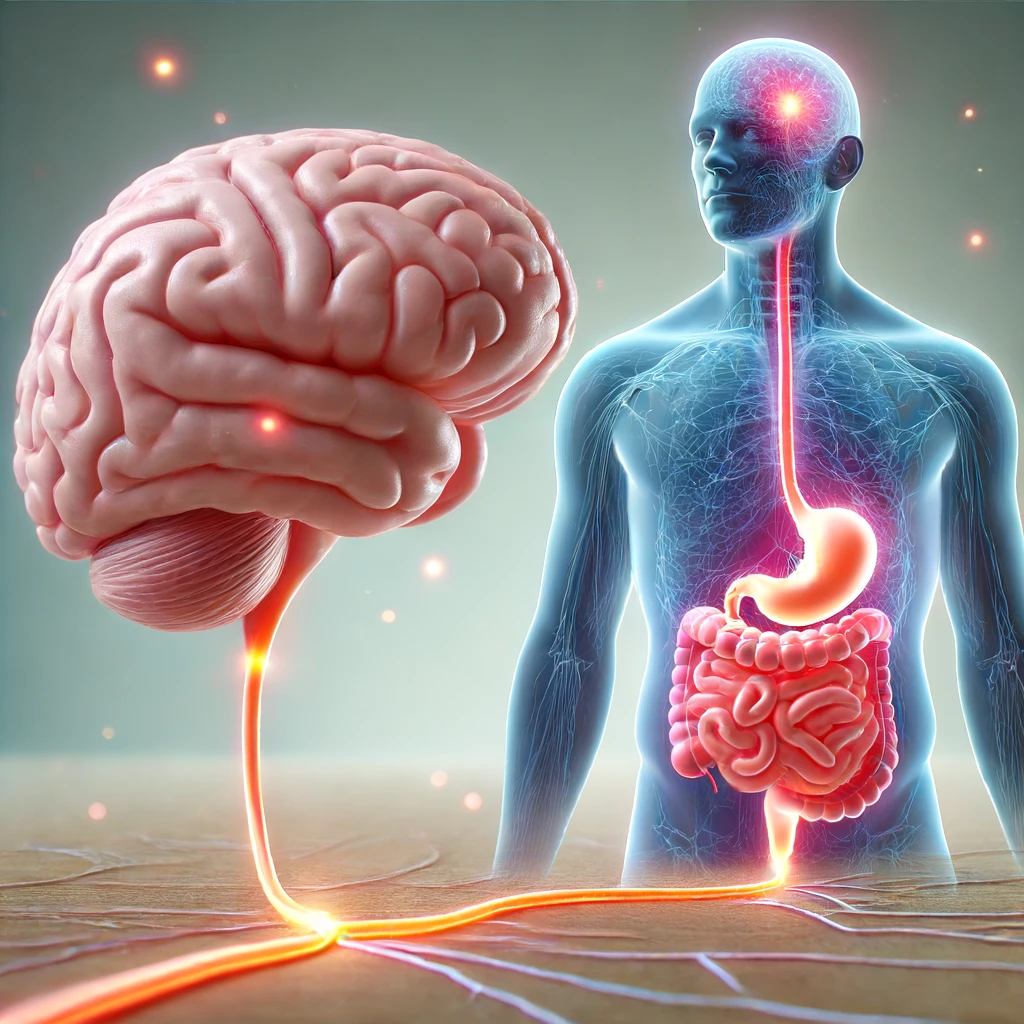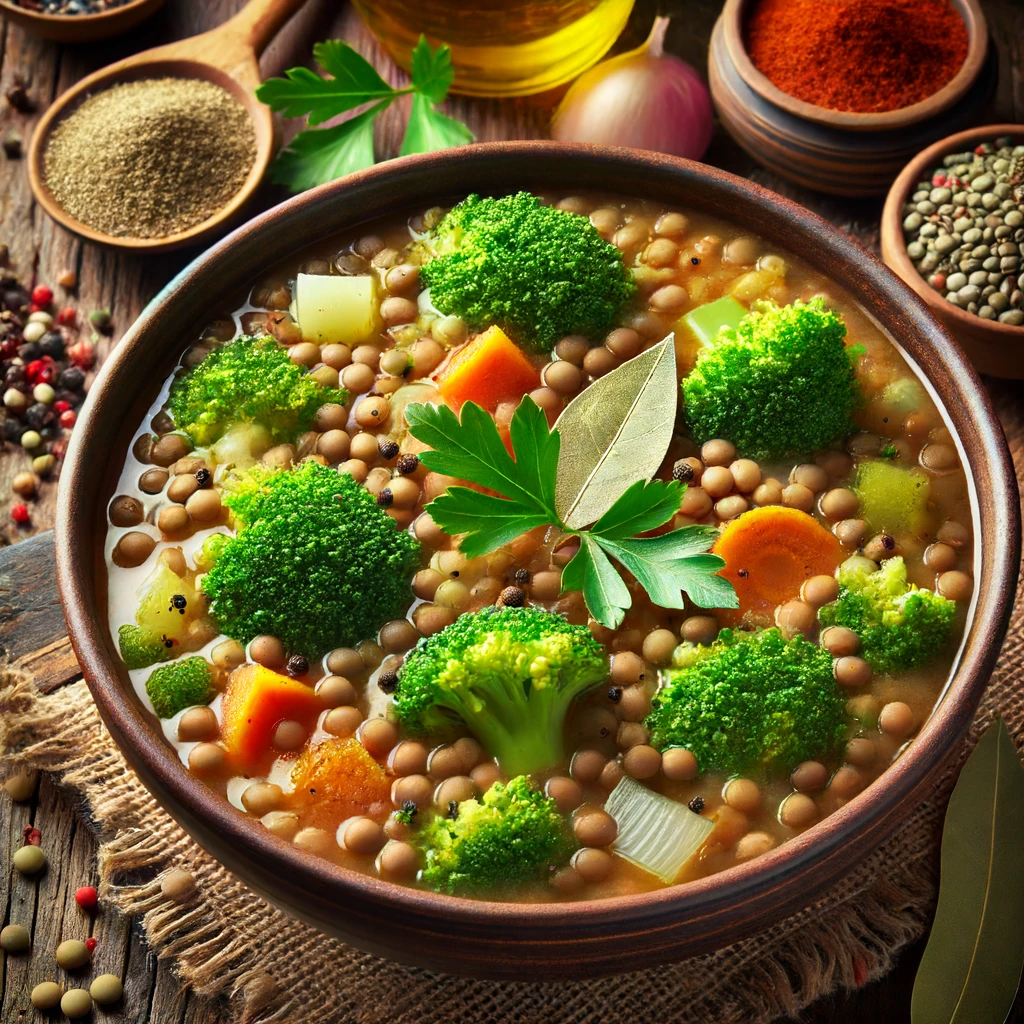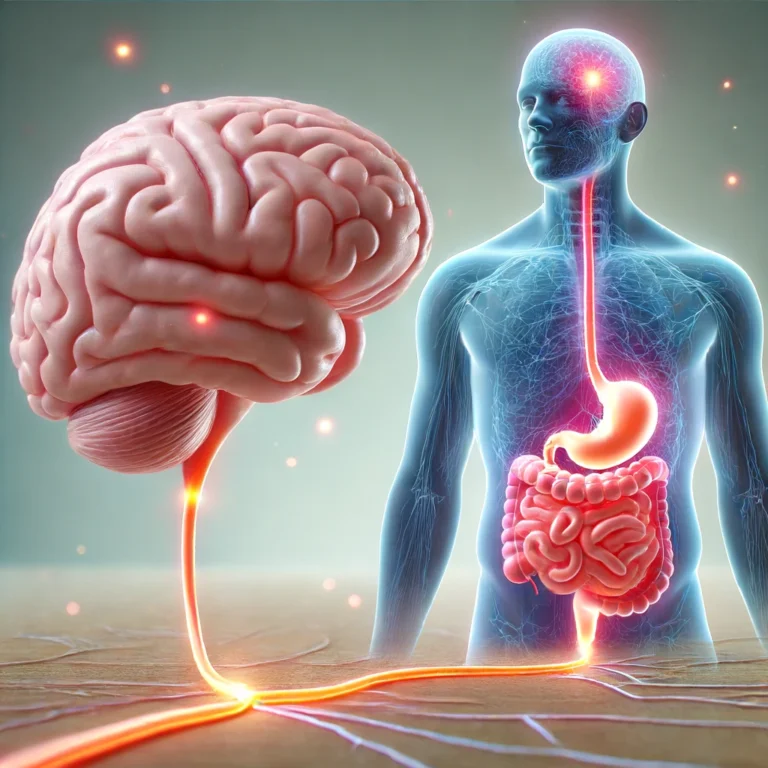How digestion works in a human body
Digestion is a vital process that fuels our bodies, breaking down the food we eat into nutrients that provide energy and support essential functions. Understanding how digestion works can help us make better dietary choices and recognise when something isn’t quite right. This article will explore the journey of food through the digestive system, highlighting each step of this complex and fascinating process. From the moment food enters your mouth to its eventual exit, we’ll uncover the intricate mechanisms that keep your body nourished and healthy.
Digestion Pathway
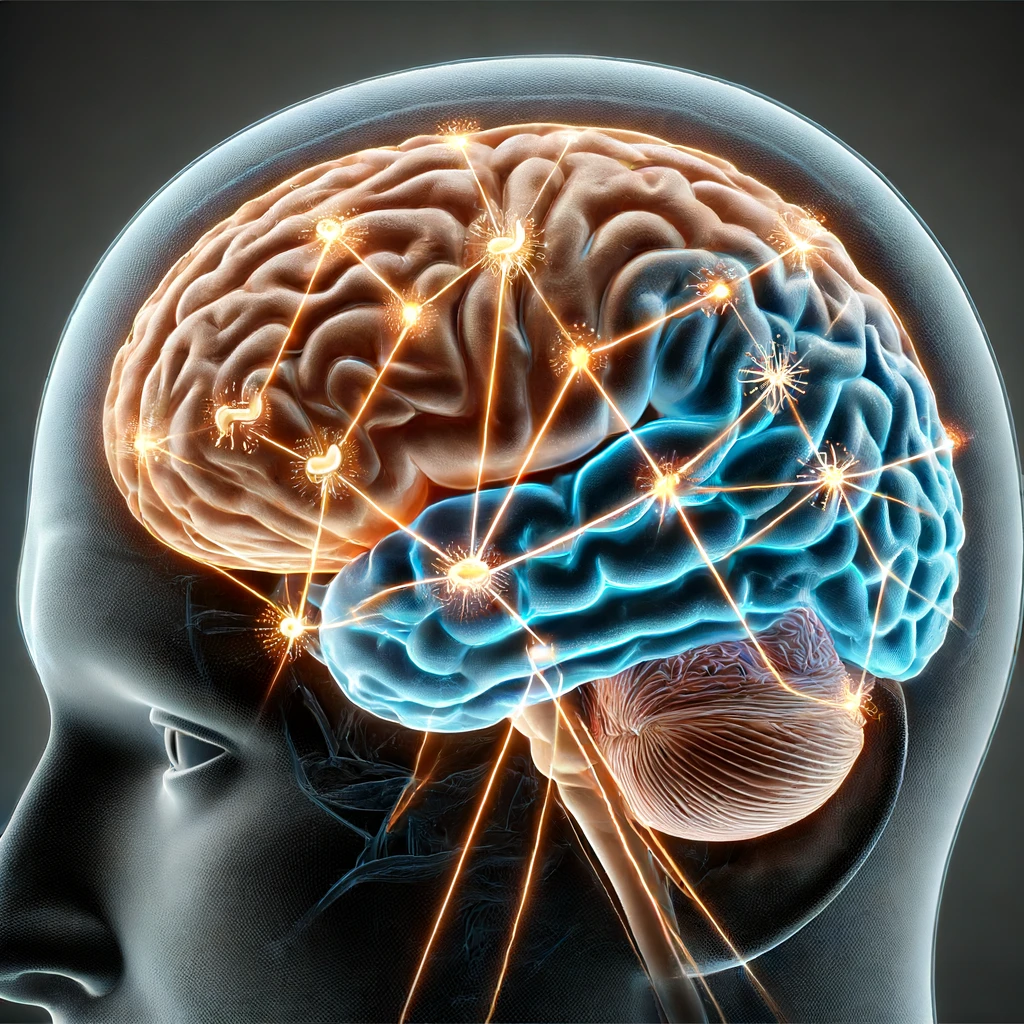
BRAIN
This is where digestion begins. When you think about food, see it, or smell it, your brain immediately gets to work. It sends signals to the other organs, prompting them to turn on the digestive processes. This is a crucial step, as it prepares your body for the upcoming task of breaking down food. However, if you eat mindlessly or while distracted, your body might not fully recognise that it is being fed. This lack of awareness can disrupt the entire digestive process, impacting each subsequent step from saliva production to nutrient absorption. Proper attention to your meals can ensure that your digestive system operates smoothly and efficiently.
MOUTH
In addition to mechanical chewing, saliva begins to chemically break down food. Are you chewing enough? Food should be liquid before swallowing. According to Ayurvedic text we should chew our food at-least 32 times. Doesn’t that sound hilarious? Who chews for 32 times. Well, at-least try to chew 22 times if not 32. By doing so, you will do a big favour to you digestive process.

STOMACH
The stomach uses hydrochloric acid (HCI) and pepsin to further break down food and kill any pathogens present. HCI creates an acidic environment, which activates pepsin, an enzyme that breaks down proteins into smaller peptides. This acidic environment also helps kill harmful bacteria and other pathogens ingested with food, providing a crucial defense mechanism for your digestive system.
If the stomach produces insufficient acid, the entire digestive process can be compromised. Insufficient stomach acid can lead to improper protein digestion and hinder the activation of other digestive enzymes in the small intestine. This can result in symptoms like excessive fullness after eating, as food stays in the stomach longer than it should. It can also cause constipation, as undigested food moves more slowly through the digestive tract.
Moreover, low stomach acid can allow harmful bacteria to survive and reach the intestines, potentially leading to gut infections and an imbalance in the gut microbiota. Proper stomach acid levels are essential for efficient digestion, nutrient absorption, and maintaining a healthy gut environment.
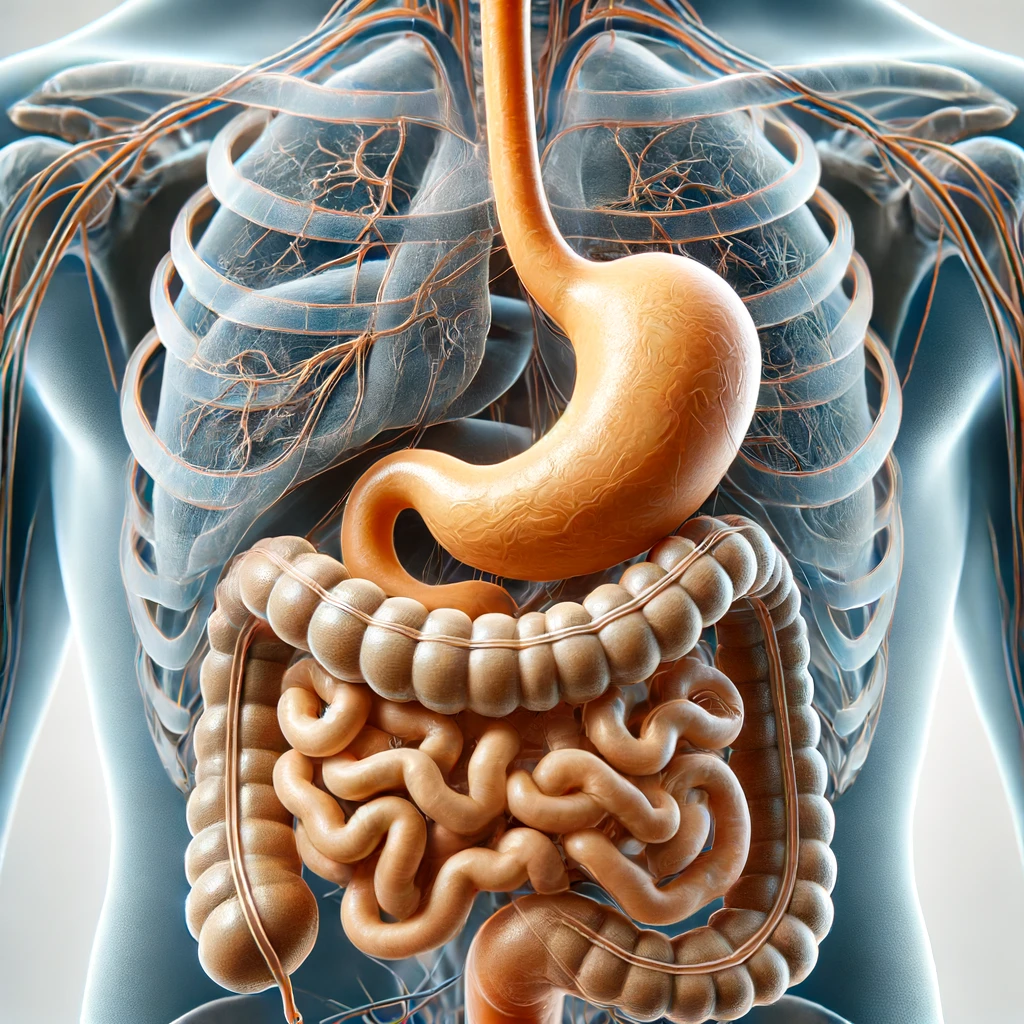
LIVER + GALLBLADDER
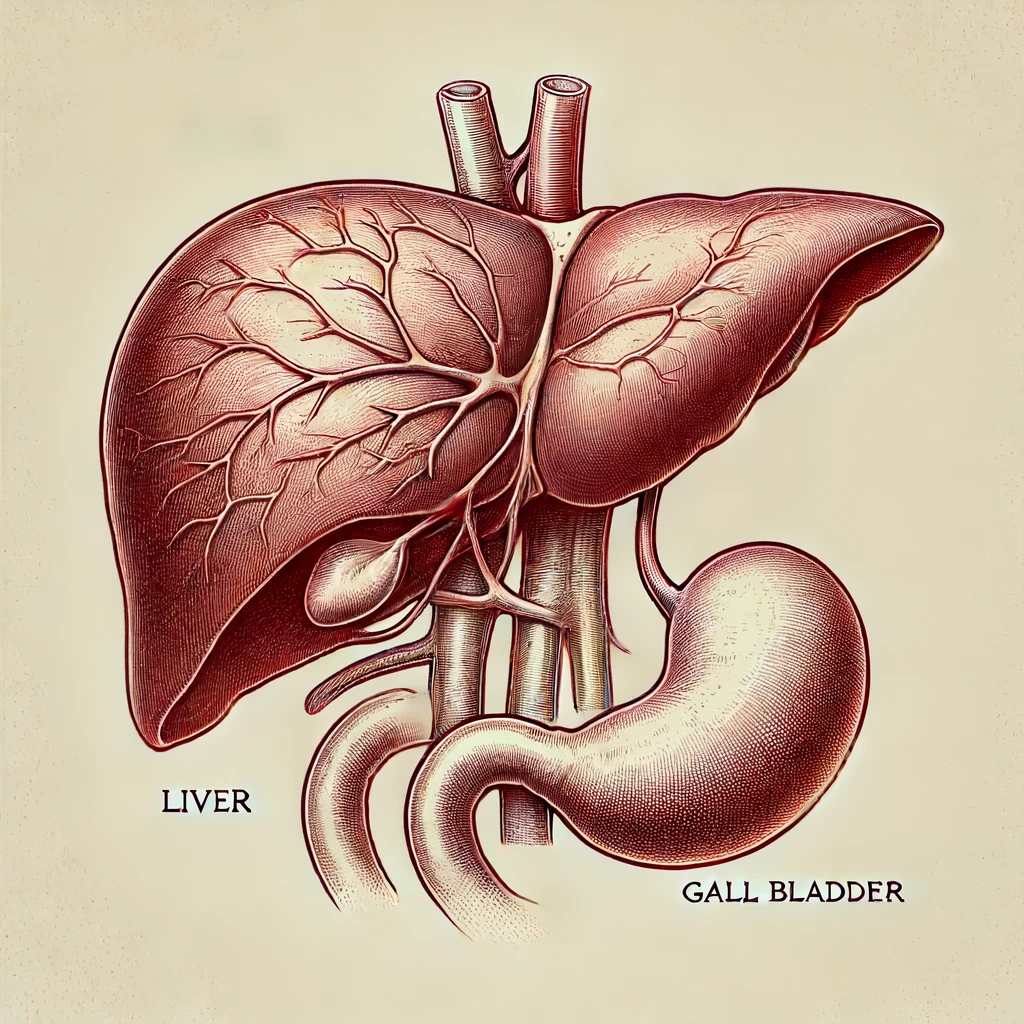
The liver and gall bladder are essential organs in the digestive process, particularly in the breakdown of fats. The liver produces bile, a digestive fluid that contains bile acids, cholesterol, and bilirubin. Bile is stored and concentrated in the gall bladder until it’s needed for digestion. When you eat, the gall bladder releases bile into the small intestine through the bile ducts. This bile emulsifies fats, breaking them down into smaller droplets that enzymes can more easily digest.
This process is crucial for the absorption of fat-soluble vitamins (A, D, E, and K) and essential fatty acids. If the liver or gall bladder is impaired, the production and release of bile can be disrupted. This can lead to various digestive issues. One common symptom is fatty stools, where the body fails to properly digest fats, resulting in pale, greasy stools that float. Nausea and abdominal discomfort are also common, as the digestive system struggles to process fats without sufficient bile.
In the long term, inadequate bile production or release can lead to a deficiency in essential fatty acids and fat-soluble vitamins. This deficiency can impact overall health, leading to problems like poor vision, weakened immune function, and skin issues. Proper functioning of the liver and gall bladder is thus vital for maintaining digestive health and overall well-being.
PANCREAS
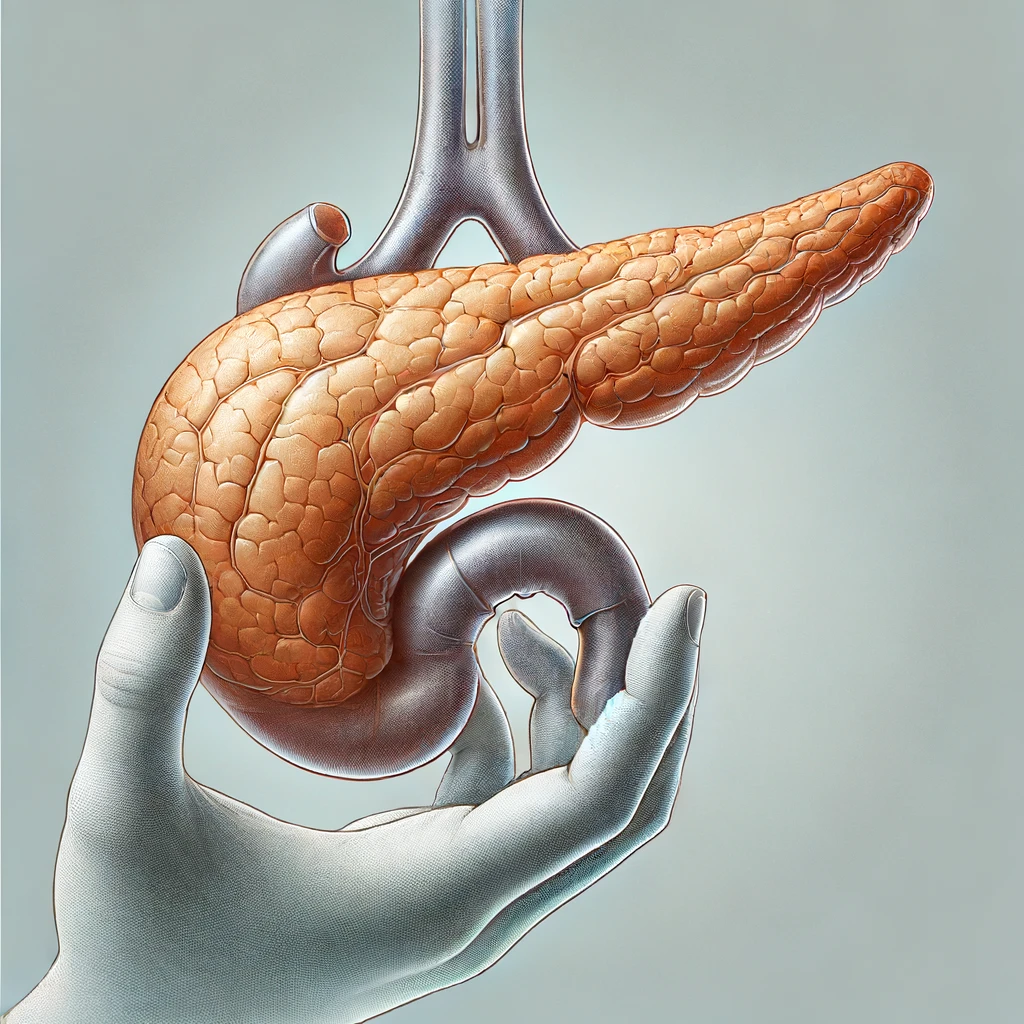
The pancreas plays a crucial role in digestion by creating and releasing digestive enzymes that finish breaking down food once it enters the small intestine. These enzymes include amylase for carbohydrates, lipase for fats, and proteases for proteins. Additionally, the pancreas produces bicarbonate, which neutralizes the acidic chyme coming from the stomach, creating a more suitable environment for the enzymes to function effectively.
Without sufficient pancreatic digestive enzymes, your body may not properly absorb and use the nutrients from your food. This can lead to malnutrition and various digestive issues. The pancreas’ ability to neutralise stomach acid is also vital, as it prevents damage to the intestinal lining and ensures optimal conditions for nutrient absorption. Proper pancreatic function is essential for maintaining digestive health and overall well-being.
SMALL INTESTINE
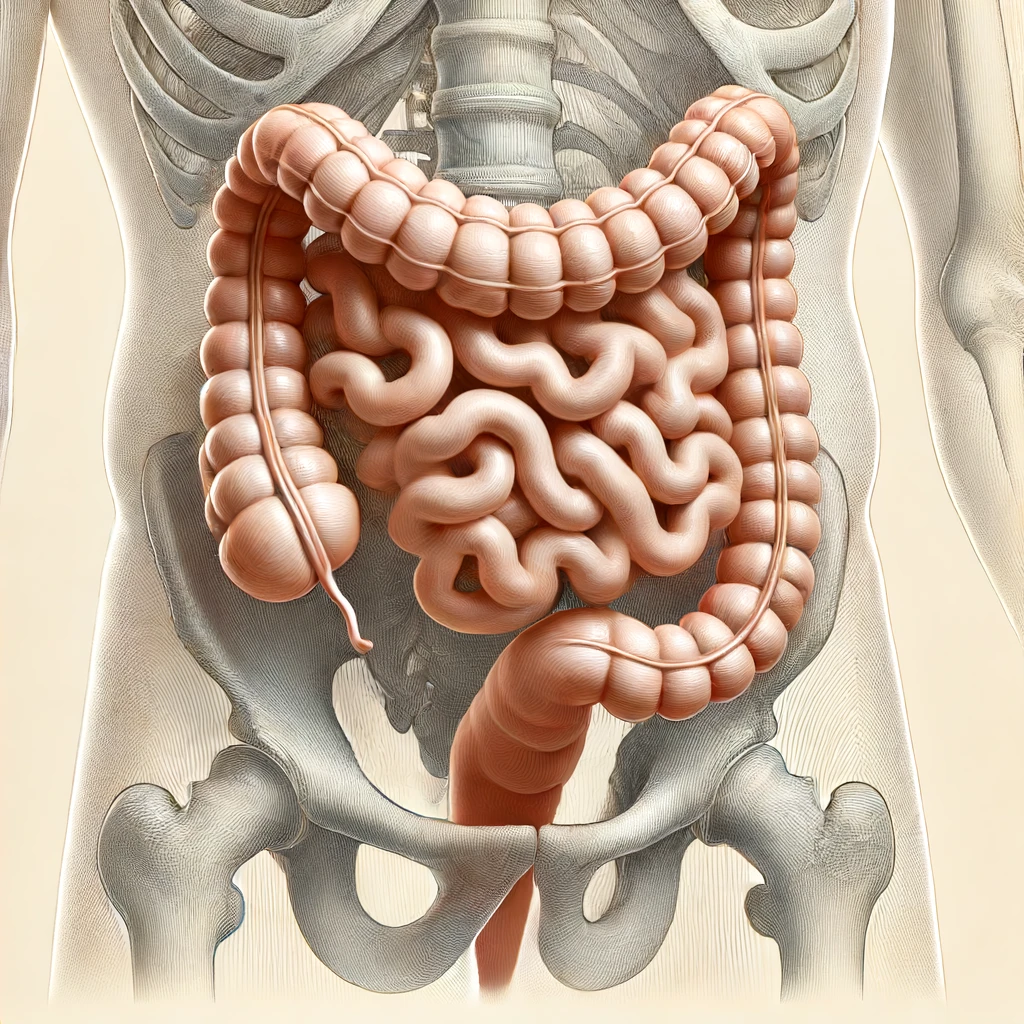
The small intestine is where most nutrient absorption occurs. Until this point in the digestive process, food is technically still outside your body. The small intestine’s lining, with its villi and microvilli, increases the surface area for absorption, allowing nutrients to pass into the bloodstream. This organ also plays a critical role in immune function, screening for harmful invaders. An imbalance in the small intestine can lead to nutrient deficiencies if not enough nutrients are absorbed. Conversely, if the wrong molecules are absorbed, it can cause food allergies and inflammation.
Additionally, bacterial overgrowth in the small intestine, often due to insufficient hydrochloric acid (HCI) or constant snacking, can lead to bloating and cramping. This overgrowth disrupts the normal balance of gut flora, impairing digestion and nutrient absorption. Ensuring the small intestine functions properly is vital for overall health, as it is the primary site for nutrient uptake and a key player in the body’s immune defense.
LARGE INTESTINE
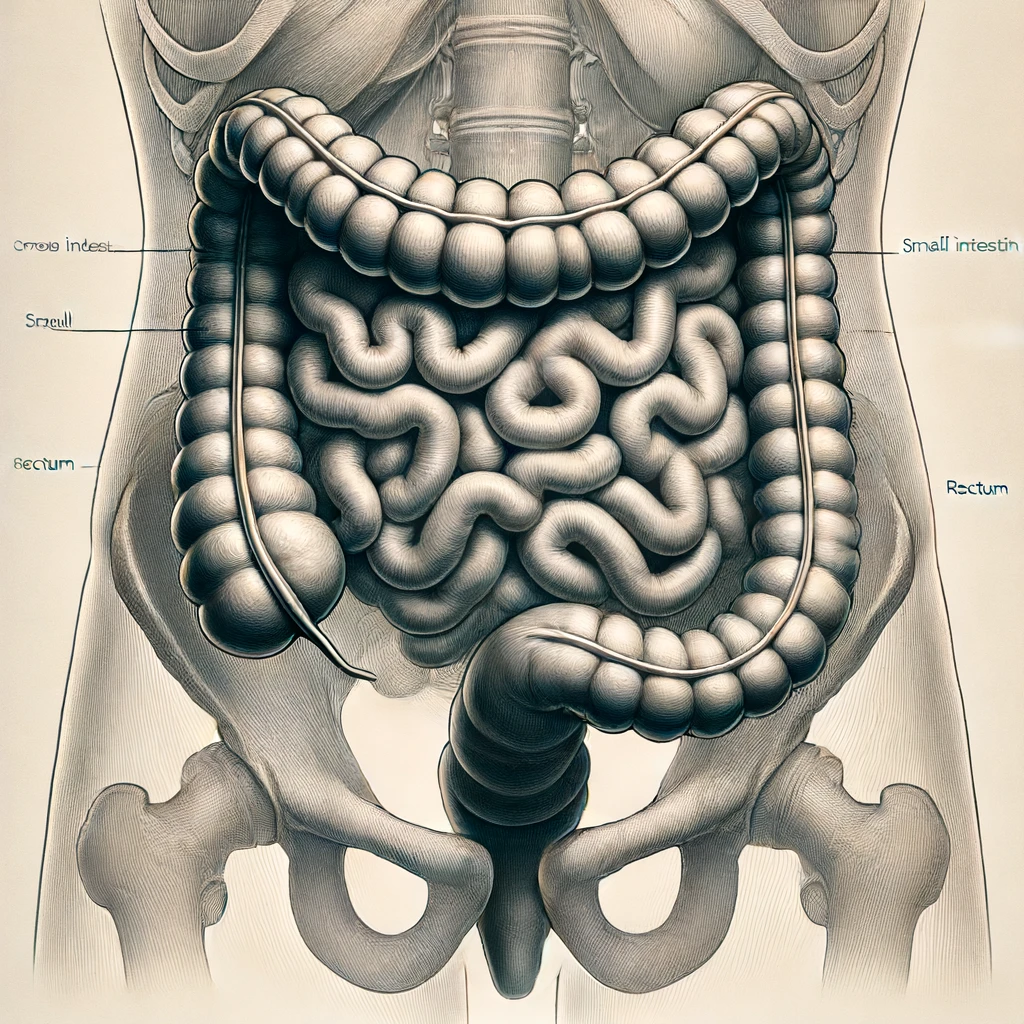
The large intestine is the final stage of digestion and home to trillions of microbes that play vital roles in your health. These microbes help modulate your immune system, impact your mood, keep you regular, and synthesise valuable nutrients like certain vitamins. In this stage, water and electrolytes are absorbed from indigestible food matter, forming solid waste to be excreted.
The large intestine’s microbial population is crucial for maintaining a healthy digestive system and overall well-being. Ensuring proper digestion and supporting a balanced gut microbiome can help prevent discomfort and promote better health outcomes.
By being mindful and fully engaging in the eating process, you help your digestive system function optimally. This practice not only ensures that your stomach produces enough HCL, your pancreas releases necessary enzymes, and your gall bladder secretes bile but also supports the small intestine in nutrient absorption. Furthermore, maintaining a healthy large intestine with a balanced gut flora is essential for overall health, impacting your immune system, mood, and nutrient synthesis.
